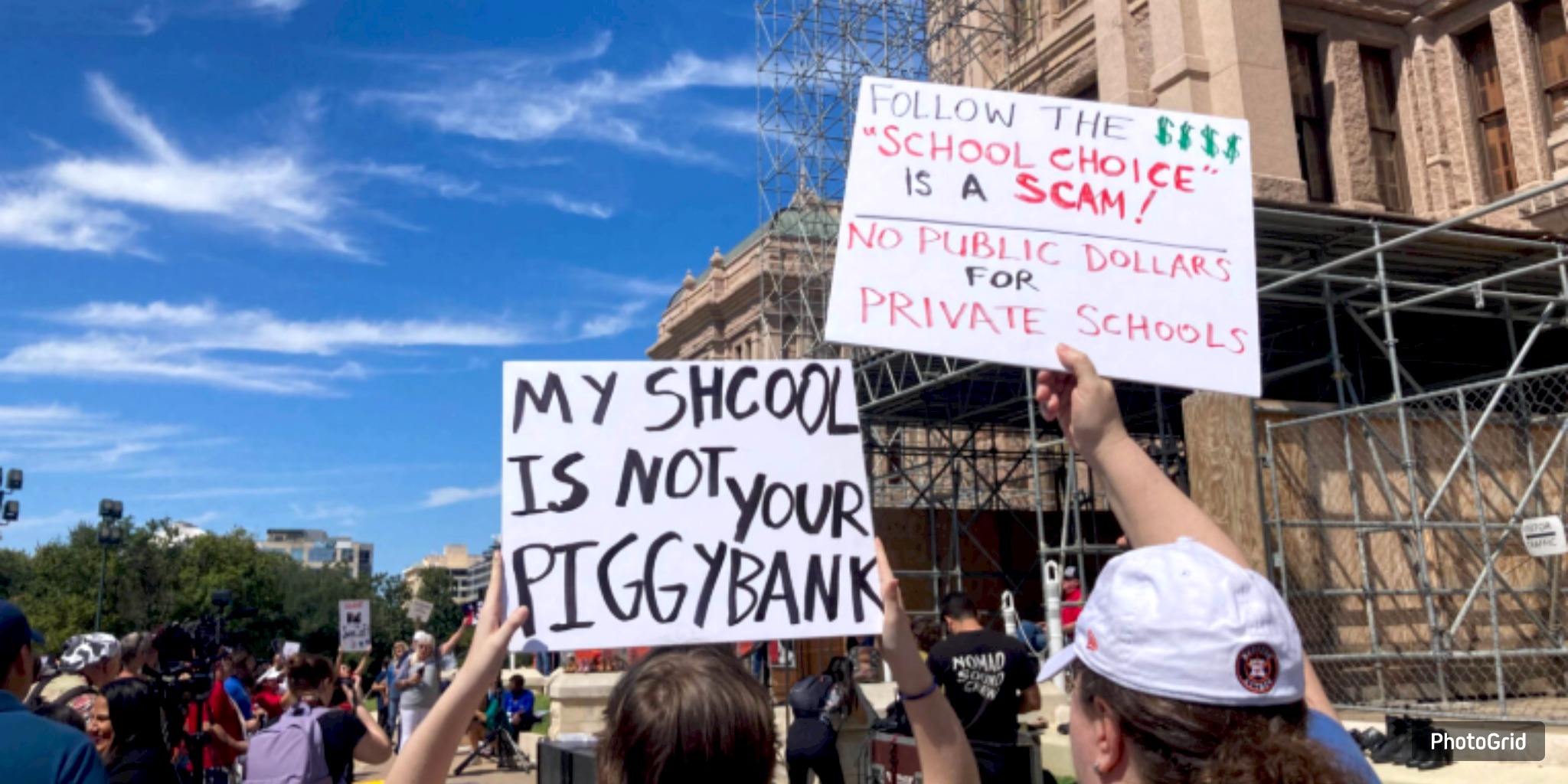
Private schools in Texas operated with minimal regulation for many years, engaging in activities prohibited in the public sector. A recent investigation conducted by ProPublica and The Texas Tribune has uncovered numerous cases of self-dealing, nepotism, and financial conflicts of interest within private schools throughout the state.
As Texas prepares to allocate a minimum of $1 billion toward private education through a new voucher program, critics are raising concerns regarding the absence of essential safeguards to ensure the protection of taxpayer funds.
The investigation, scrutinizing tax filings from 27 private schools, revealed more than 60 dubious business transactions and hiring decisions. The examples included a Houston private school with a board composed entirely of married couples, two Dallas schools that awarded over $7 million in contracts to their board members, and at least seven schools that provided personal loans, some exceeding $100,000, to their leaders under undisclosed terms.
Gov. Greg Abbott signed the new law, which imposes minimal accountability measures compared to public and charter schools.
Public school officials may face fines or even felony charges for comparable violations. In contrast, the voucher program will not subject private schools to the same stringent financial scrutiny.
Proponents of the voucher program argue that private schools should be accountable to their boards and the marketplace, rather than to the state. Nevertheless, the investigation revealed that many schools lack transparency about their expenditures, and it remains unclear whether they will be required to disclose how they use taxpayer funds.
The absence of transparency stands in sharp contrast to the public school system, where the Texas Education Agency meticulously examines financial records. "You are either part of the system or you are not," remarked Sarah Powell, a public school parent and critic of the voucher legislation. "You cannot possess the resources without adhering to the regulations." It simply is not fair.
Texas's private schools' lack of transparency and accountability, along with the state's significant investment in its voucher program, raises serious questions about public fund stewardship.
The ProPublica and Texas Tribune study reveals that a system already fraught with potential conflicts of interest and self-dealing will receive a substantial amount of taxpayer money without adequate safeguards. Thus, the debate over school choice in Texas is now centered on whether public money will be used to benefit a few rather than serve all students. Without adequate oversight, the new voucher program, without proper public school oversight, risks replicating financial failure and eroding public trust in the state's education system.
















From breaking news to thought-provoking opinion pieces, our newsletter keeps you informed and engaged with what matters most. Subscribe today and join our community of readers staying ahead of the curve.